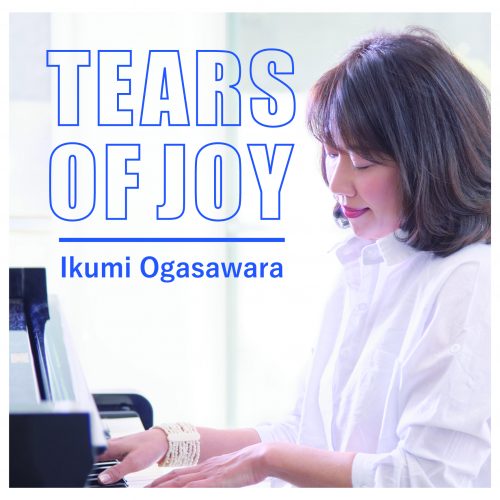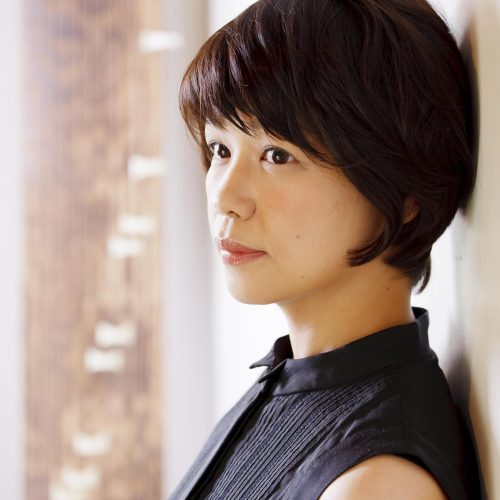Tears of Joy is the first solo album from pianist Ikumi Ogasawara. It includes 10 of her most popular original compositions. Listening to the album, you will discover why she is a highly regarded melody maker.
This album was recorded in Stereo at 384kHz PCM and is made available to our listeners at that format and bit rate (24 bit, 384 kHz PCM) in the Native DSD Music store.
Ikumi Ogasawara says “Tears of Joy puts the voiceless voices of my inner-soul onto melodies with my piano. In this album, I rearranged some of my favorite compositions into piano tunes. Each tune reflects the images and messages of my inner-soul. I created these melodies with the piano, my best friend from my childhood. With her, I can freely express my sincere feelings in the most honest way.
Today’s world is full of uncertainty and anxiety. We all have to face them and live on. But stop a while and take a look around. Beyond daily hustles and challenges, you will see the world, full of wonders and beautiful sceneries. They heal our souls and inspire our hopes for the future.
It is my pleasure, if the music of my inner images can help inspire you and give a bit of courage to take a step forward and move on.”
Ikumi Ogasawara, Piano
Tracklist
Please note that the below previews are loaded as 44.1 kHz / 16 bit.Total time: 00:44:33
Additional information
| Label | |
|---|---|
| SKU | VVDHR005 |
| Qualities | |
| Channels | |
| Artists | |
| Composers | |
| Genres | |
| Mastering Engineer | Kengo Nishimoto (DXD 384 kHz), Tom Caulfield (DSD 512, DSD 256, DSD 128, DSD 64) |
| Recording Software | Pyramix, Merging Technologies |
| Recording Engineer | Kengo Nishimoto |
| Producer | Kengo Nishimoto |
| Notes | A total of 10 microphones were used for this recording. I used Neumann M-150 as the main microphones. The microphones were set at a distance of 3m from the piano and 4m in height. I felt that these microphones captured the color of music the most.However, I can not capture the pop-like feeling of Ikumi's music only by M-150s, so I used a microphone placed near the piano. The big microphone at the beginning of the video is the Neumann M-149. All of the Neumann mics have been remodeled with internal wiring and power supplies to get a clear, linear sound. The sound of each of the 10 microphones is adjusted by the application called Sequoia, which adjusts the time difference, level, sound quality and noise removal. The DXD 384 kHz master was created by the Merging Technologies Pyramix software.It is very important to adjust the time difference of recordings that use multiple microphones. If you leave the time difference, the sound will become muddy and it will not be transparent. I thought about mastering on Sequoia, but I used Pyramix because the sound of playing the file on Pyramix has increased the sense of three-dimensionality and transparency.Kengo Nishimoto, Recording and Mastering Engineer |
| Microphones | Neumann M-149, M-150 |
| Mastering Room | DSD files were created from the DXD 384 kHz master by Tom Caulfield at the NativeDSD Mastering Lab using Jussi Laako's latest EC modulators from Signalyst |
| Editing Software | Pyramix, Merging Technologies |
| Original Recording Format | |
| Instruments | |
| Release Date | August 7, 2019 |
Only logged in customers who have purchased this product may leave a review.






Reviews
There are no reviews yet.